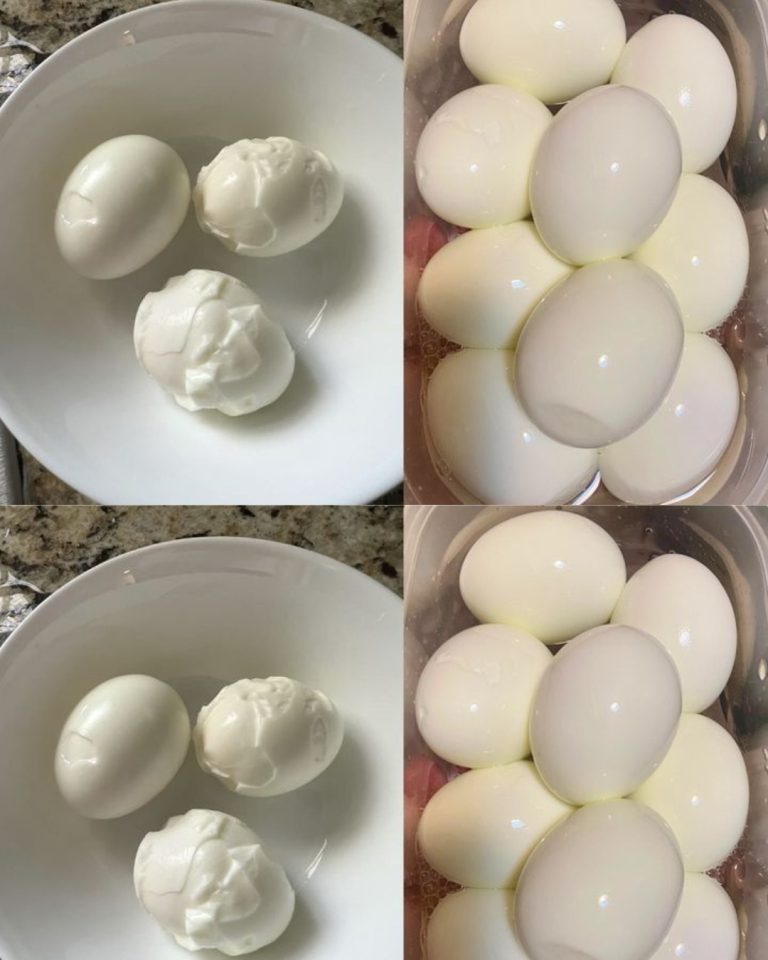ADVERTISEMENT
Kitchen Equipment You’ll Need:
- Medium saucepan
- Whisk
- Fine-mesh strainer
- Heatproof bowl
- Jar or container for storage
Step-by-Step Recipe for Perfect Lemon Butter Curd
1. Prepare the Ingredients
Start by zesting the lemons and then juicing them. Make sure to strain the lemon juice to remove any seeds and pulp for a smooth curd.
2. Combine the Ingredients
In a medium saucepan, whisk together the eggs, sugar, lemon juice, lemon zest, and a pinch of salt. Make sure everything is well combined.
3. Cook the Mixture
Place the saucepan over medium heat. Cook the mixture, stirring constantly with a whisk, until it thickens and coats the back of a spoon. This usually takes about 8-10 minutes. Be careful not to let it boil, as this can curdle the eggs.
4. Add the Butter
Once the mixture has thickened, remove it from the heat. Gradually add the pieces of butter, whisking until fully melted and incorporated. This will give the curd its rich, creamy texture.
5. Strain the Curd
For an ultra-smooth texture, strain the curd through a fine-mesh strainer into a heatproof bowl. This will remove any bits of cooked egg or zest. Press gently with a spatula to get as much curd through as possible.
6. Cool and Store
Let the lemon butter curd cool to room temperature. Once cooled, transfer it to a clean jar or airtight container. It can be stored in the refrigerator for up to two weeks.
Tips and Variations
- Add Herbs or Spices: For a unique twist, consider adding fresh herbs like basil or mint, or spices like ginger, to the mixture as it cooks.
- Sweetener Options: You can substitute some or all of the granulated sugar with honey or maple syrup for a different flavor profile.
- Different Citrus: Feel free to experiment with other citrus fruits, such as limes or oranges, for a delightful variation on traditional lemon curd.
How to Use Lemon Butter Curd
This lemon butter curd can be enjoyed in a variety of ways:
- Spread: Slather it on toast, scones, or pancakes for a zesty breakfast treat.
- Filling: Use it as a filling for cakes, tarts, or pastries.
- Topping: Drizzle over yogurt, ice cream, or fresh fruit for a refreshing dessert.
- Dressing: Thin it with a bit of water or additional lemon juice to use as a salad dressing.
ADVERTISEMENT
